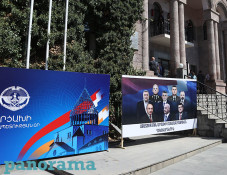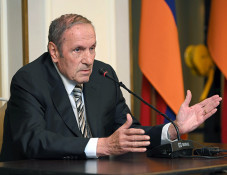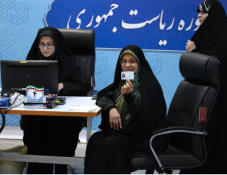
Lionel Messi defends Hong Kong absence as China backlash continues
Lionel Messi has highlighted his "special" ties with China, as he continues to face anger from Chinese fans for missing a game in Hong Kong, BBC News reports.
In a video on social media site Weibo, Messi maintained an injury had led him to sit out the match on 4 February.
Messi played in Japan just days after that Hong Kong friendly, enraging fans in China, where he is hugely popular.
The backlash against the 36-year-old Argentine superstar has dragged on for weeks.
Chinese officials have cancelled two Argentina friendlies due to take place in the country in March.
The world champions were set to face Nigeria in Hangzhou and Ivory Coast in Beijing. But football authorities in the Chinese capital said: "Beijing does not plan, for the moment, to organise the match in which Lionel Messi was to participate."
The Hangzhou sports bureau also said the match it was hosting had been called off for "the reasons that everyone knows".
Messi remained on the bench throughout the match held in Hong Kong, citing injury. State media outlet Global Times accused the footballer and his club Inter Miami of "political motives" with the aim of "embarrassing" the Chinese Special Administrative Region.
But in the Weibo video posted on Monday, the Argentine rejected claims that he skipped play for "political reasons" as "totally untrue". Stressing his "special affection" for the people of China, he added: "Had that been the case, I wouldn't have even travelled to Japan or visited China as many times as I have."
He repeated his claim that he could not play in Hong Kong due to an inflamed adductor muscle. "I tried to train and made an effort for all those who'd come to watch training," he said.
"I did all I could. I also went along to the football clinic with all the kids. But I really couldn't play. I felt discomfort and there was a risk it'd get worse."
Messi's Weibo post, his second attempt at explaining his absence from the match, has so far attracted some 55,000 comments.
Some were sceptical. One comment read: "Sorry is indeed a very difficult word to say."
Still some were supportive. One comment read: "I know you love China, I will always support you for what you have done for us".
Related news
Newsfeed
Videos






























